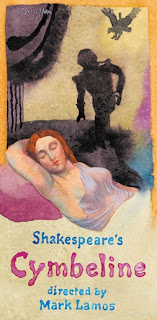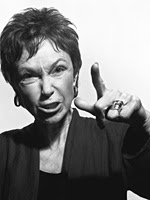PLAYWRIGHTS HORIZONS presents
DORIS TO DARLENE, a cautionary valentine
A new play by Jordan Harrison
Featuring
de'Adre Aziza, David Chandler, Michael Crane
Laura Heisler, Tom Nelis, and Tobias Segal
Directed by Les Waters
November 16th – December 23rd
Playwrights Horizons Mainstage Theater
416 West 42nd Street between 9th & 10th Avenues
In the candy-colored 1960s, a biracial schoolgirl named Doris is molded into pop star Darlene by a whiz-kid record producer who culls a top-ten hit out of Richard Wagner’s Liebestod. Rewind to the candy-colored 1860s, where Wagner is writing the melody that will become Darlene’s hit song. Fast-forward to the not-so-candy-colored present, where a teenager obsesses over Darlene’s music — and his music teacher. Three dissonant decades merge into an unlikely harmony in this time-jumping pop fairy tale about the dreams and disasters behind one transcendent song.
DORIS TO DARLENE, a cautionary valentine
A new play by Jordan Harrison
Featuring
de'Adre Aziza, David Chandler, Michael Crane
Laura Heisler, Tom Nelis, and Tobias Segal
Directed by Les Waters
November 16th – December 23rd
Playwrights Horizons Mainstage Theater
416 West 42nd Street between 9th & 10th Avenues
In the candy-colored 1960s, a biracial schoolgirl named Doris is molded into pop star Darlene by a whiz-kid record producer who culls a top-ten hit out of Richard Wagner’s Liebestod. Rewind to the candy-colored 1860s, where Wagner is writing the melody that will become Darlene’s hit song. Fast-forward to the not-so-candy-colored present, where a teenager obsesses over Darlene’s music — and his music teacher. Three dissonant decades merge into an unlikely harmony in this time-jumping pop fairy tale about the dreams and disasters behind one transcendent song.
Special Discount offer for Bloggers Posts
$35 (REG. $65) for performances November 16 – 26
$45 (REG. $65) for performances November 27 – December 23.
Limit 4 tickets per order. Subject to availability.
How to order (purchase by December 11 and mention code ‘DDBL’ to receive discount):
Online: www.ticketcentral.com and use code DDBL
Phone: Ticket Central at (212) 279-4200 (Noon-8pm daily) and mention code DDBL.
In person: Ticket Central, 416 West 42nd Street between 9th & 10th Avenues






